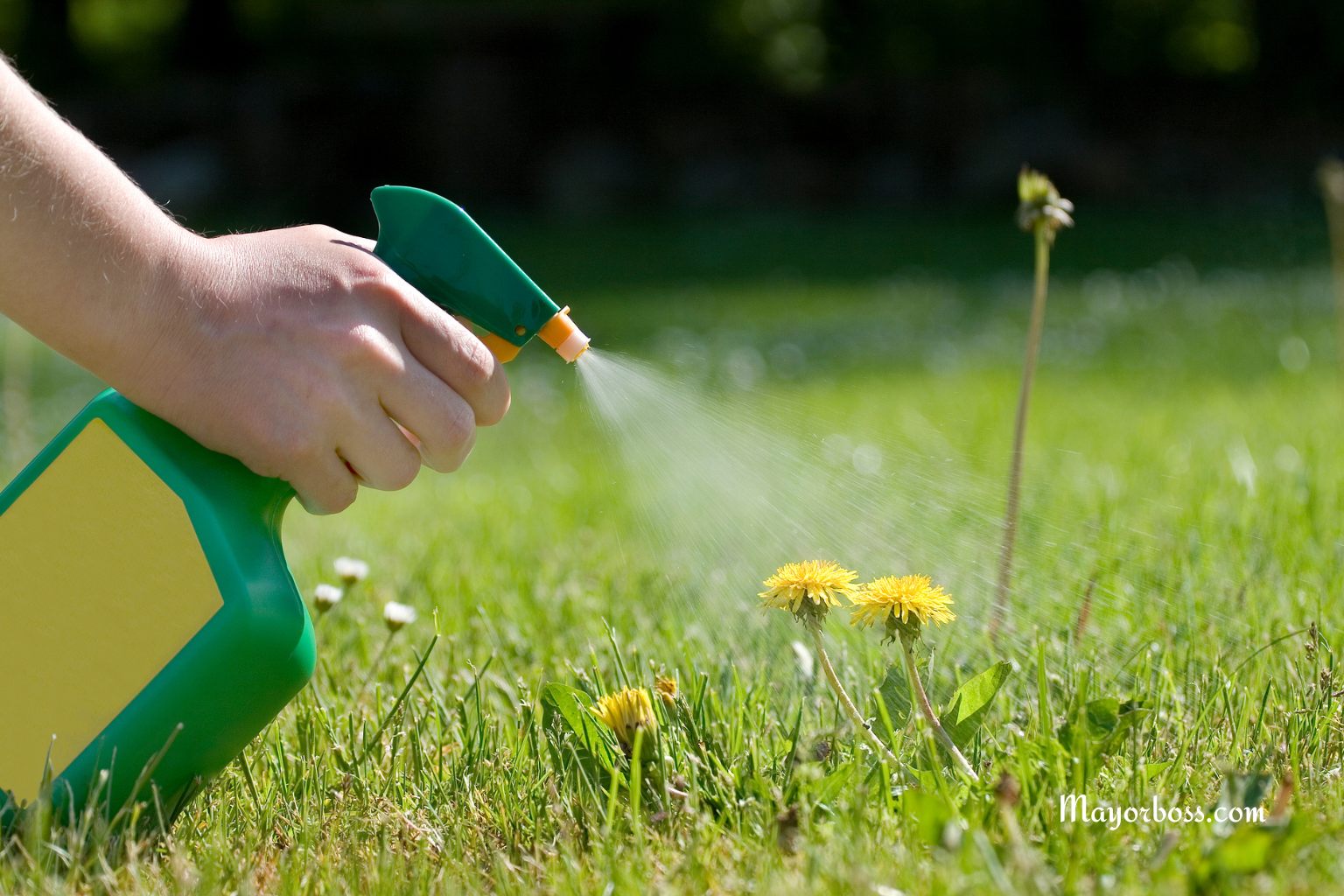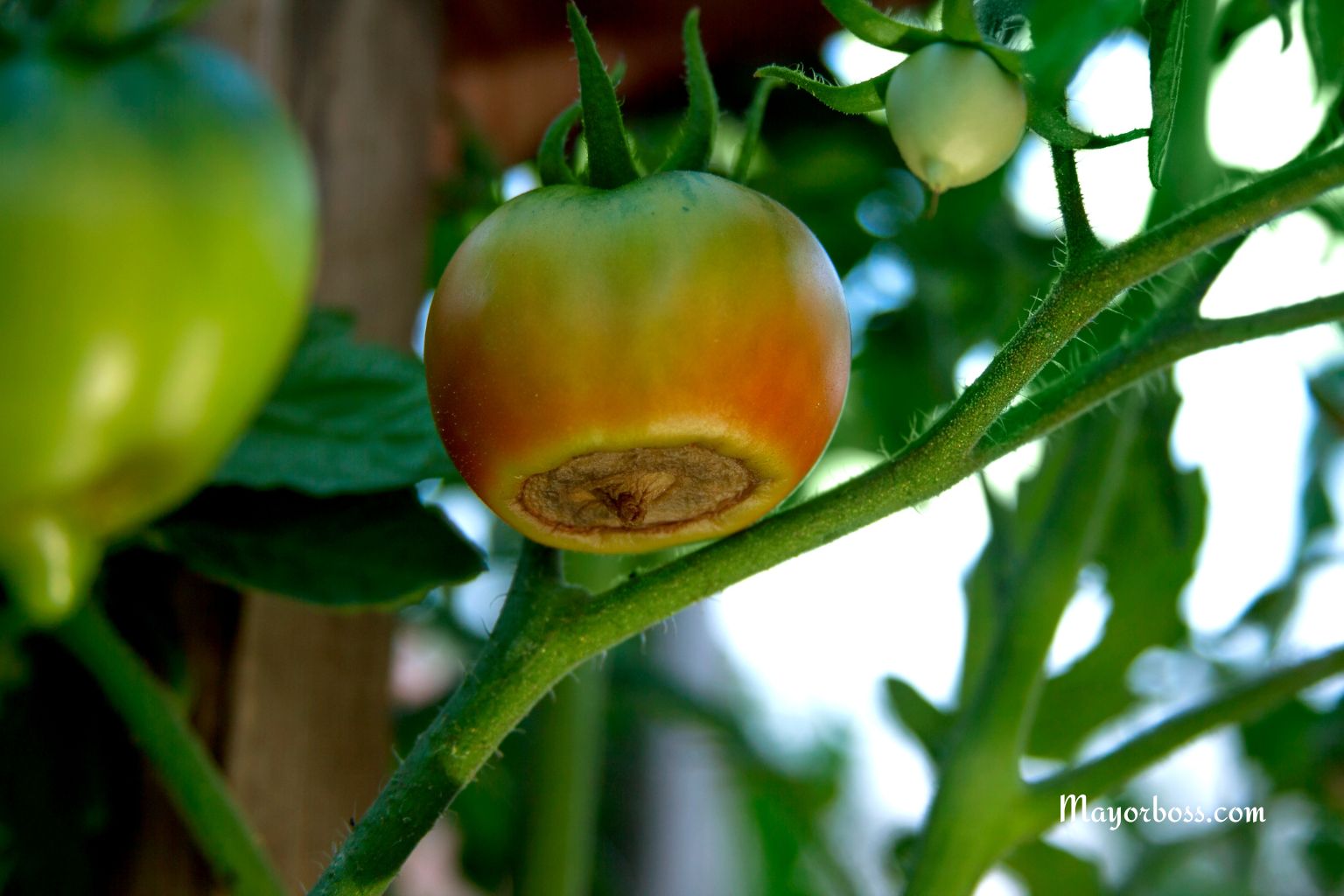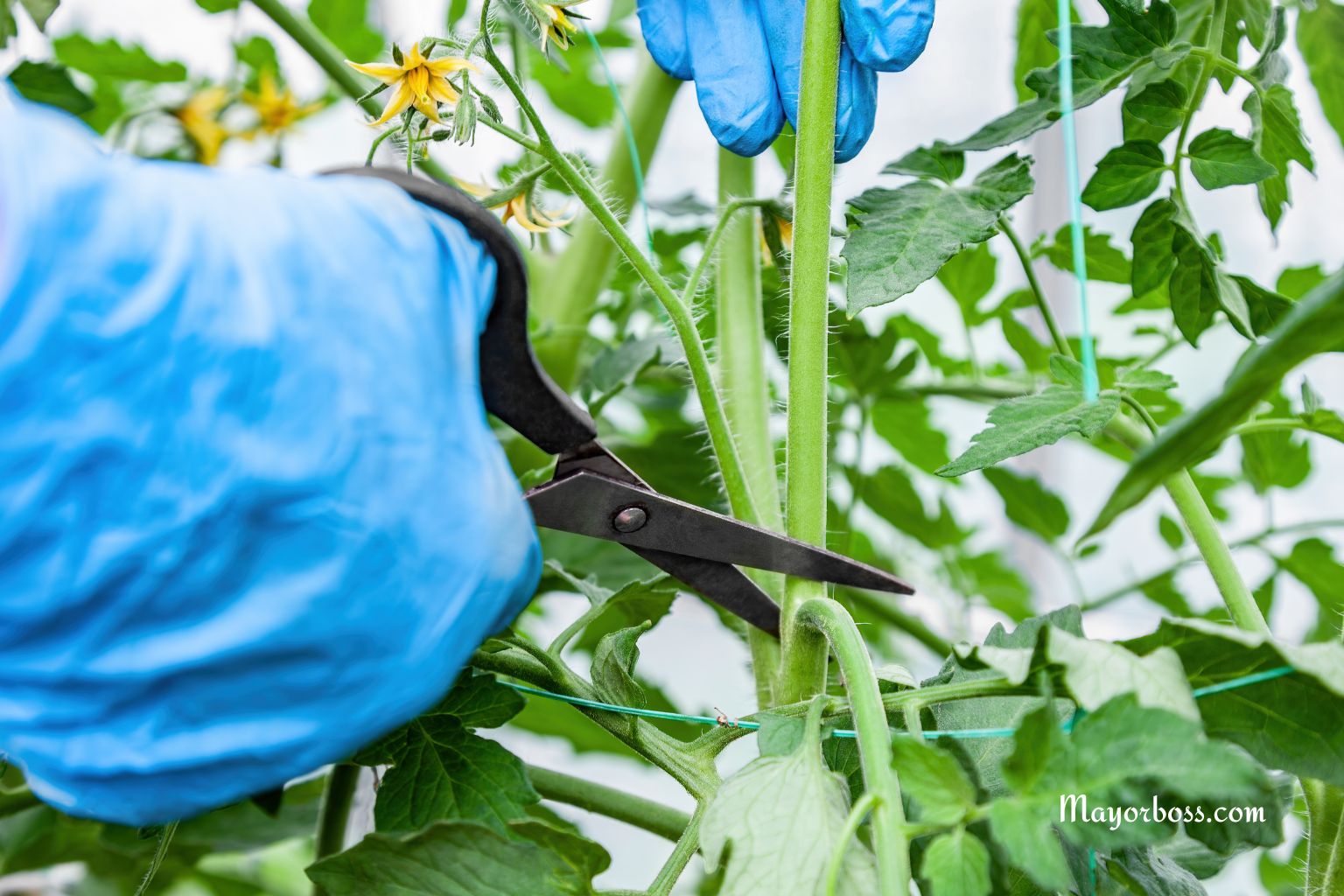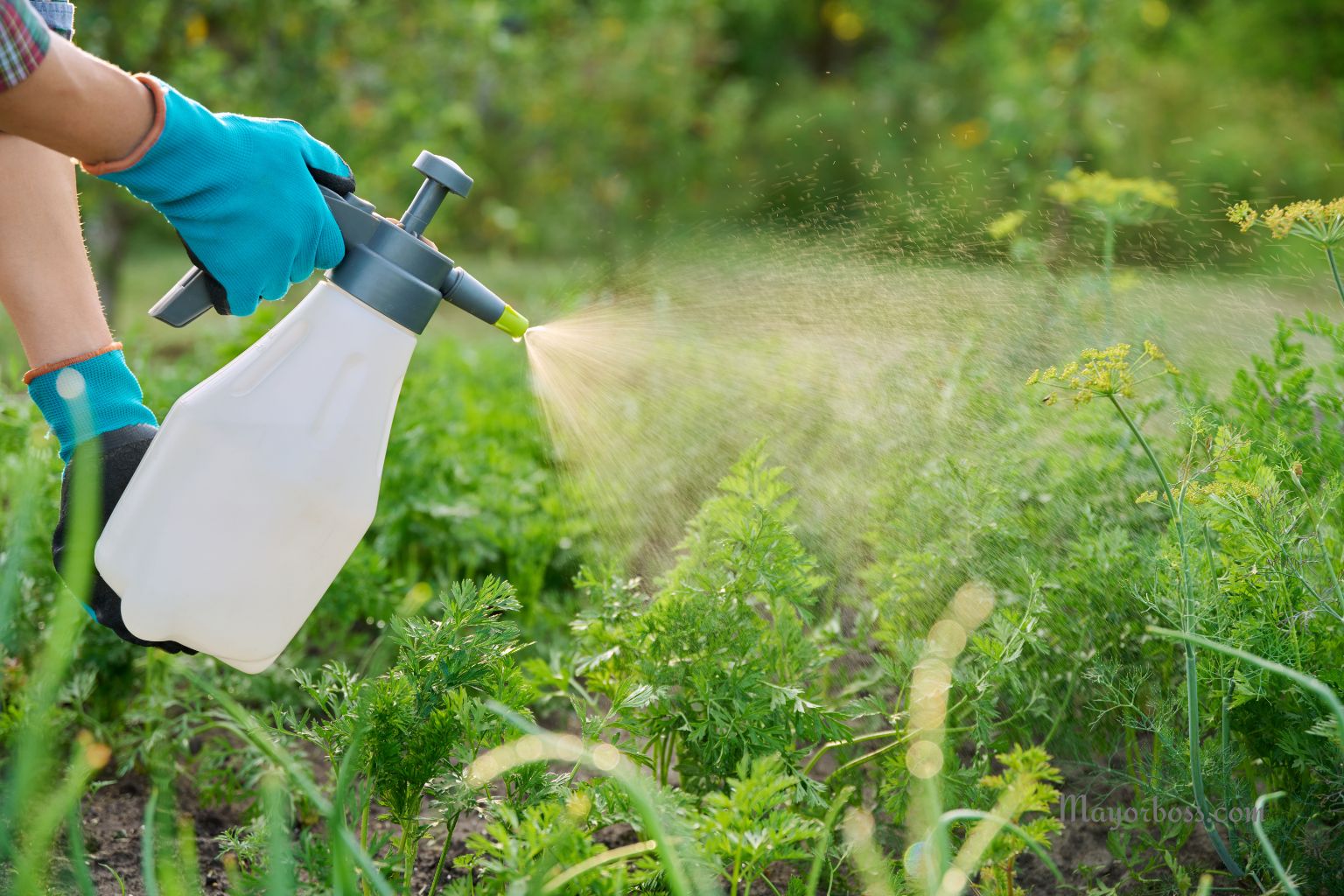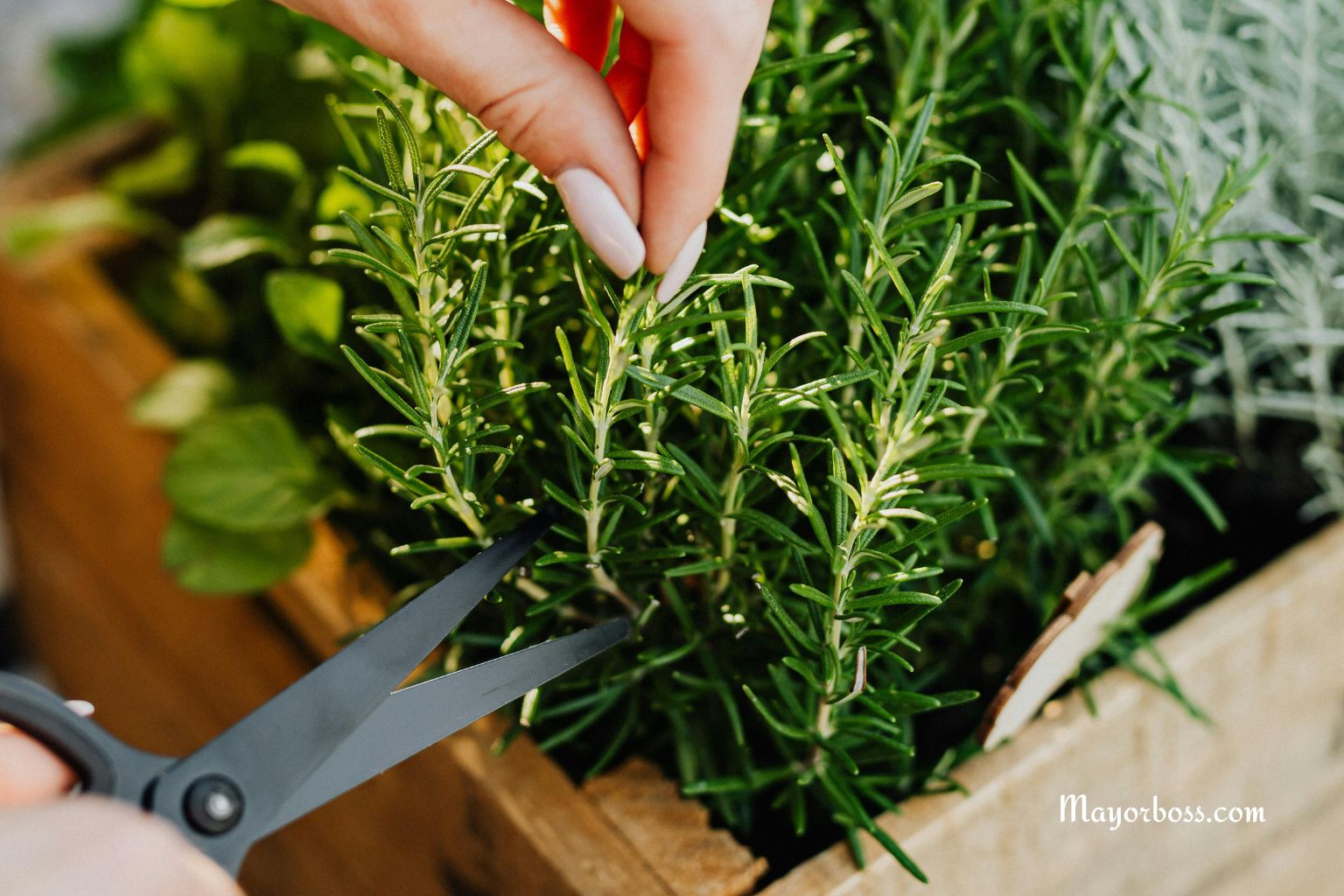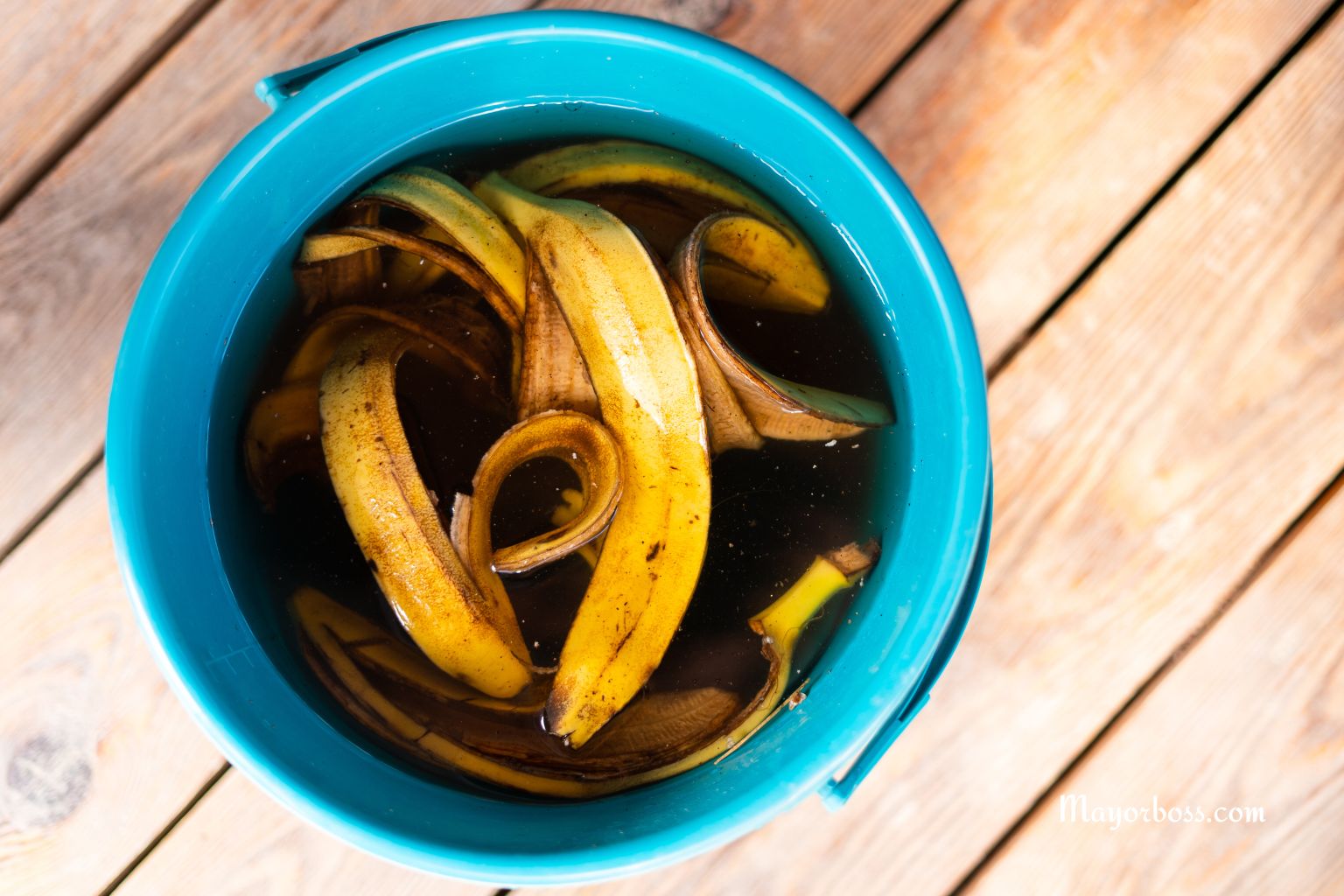Use These Methods to Remove Weeds from Your Gravel And They’ll Never Come Back
To keep gravel driveways, walkways, or patios weed-free for good, combine manual removal, natural weed killers, and smart prevention techniques. Pull weeds by hand or use a hoe, treat regrowth with natural solutions like boiling water or vinegar, and install a weed barrier under the gravel to stop future growth.
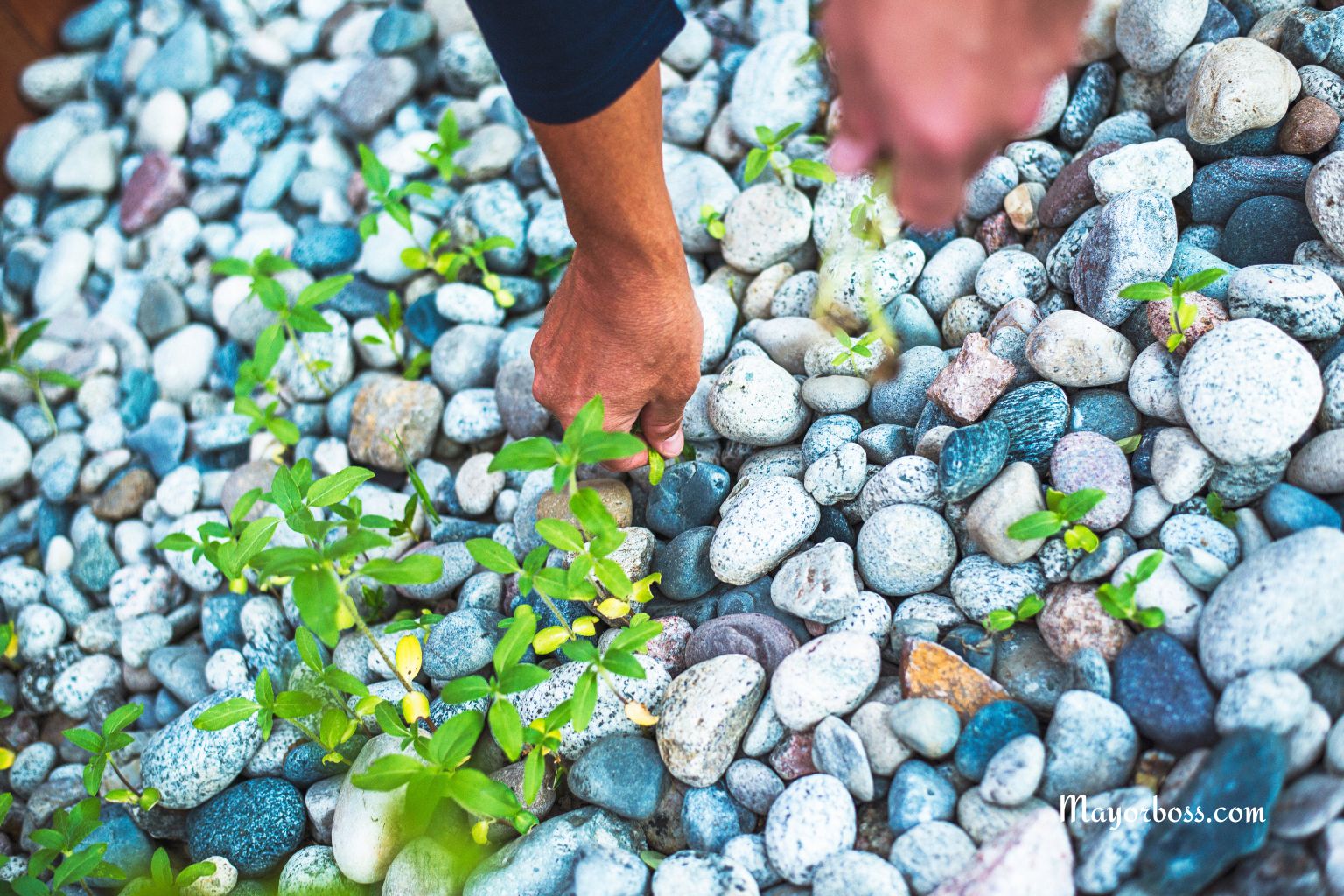
Weeds growing through gravel are a common frustration. You clear them, only to see them reappear days or weeks later. They make driveways, garden paths, and patios look untidy and can even damage the surfaces over time.
If you are tired of fighting weeds in your gravel, you are not alone. Many homeowners and gardeners face this problem, especially after rain or warm weather. The good news is, you can take control with practical, long-lasting solutions.
Manual Removal
Start with the basics—remove any weeds you see. This step may seem simple, but it is important. Pulling weeds when they are young prevents them from seeding and spreading.
Tips for effective manual removal:
- Water the area first. Damp soil makes weeds easier to pull.
- Grab the weed close to the base and pull gently but firmly to get the roots.
- For larger weeds or tough roots, use a hoe or a weeding tool.
- Check your gravel weekly to catch new growth early.
Manual removal is most effective for small or isolated patches. However, for large gravel areas or stubborn weeds, you need extra help.
If you want to avoid harsh chemicals, natural weed killers can help control weeds in gravel areas. Here are a few proven options:
Boiling Water
Pouring boiling water directly onto weeds kills them fast. It destroys the plant from the top down. This method works well for weeds in cracks and small spaces. Repeat as needed for persistent weeds.
Vinegar Solution
Household vinegar contains acetic acid, which dries out and kills weeds. For better results, mix white vinegar with a small amount of dish soap. The soap helps the vinegar stick to the leaves. Spray the solution directly onto the weeds during a dry, sunny day.
Recipe:
- 1 gallon of white vinegar
- 2 tablespoons of dish soap
Combine and use a spray bottle. Be careful not to spray nearby plants you want to keep, as vinegar can harm them too.
💡 Tip: Baking soda is another popular option for spot-treating weeds in gravel. If you want step-by-step instructions, read Baking Soda Weed Killer: The Natural Way to Eliminate Weeds Fast for a complete guide.
Salt
Table salt can also stop weeds, but use it carefully. Sprinkle a small amount on stubborn weeds, then water it in. Salt can build up in soil and prevent any plants from growing, so avoid overuse, especially near lawns or flower beds.
Keep the Gravel Deep and Well-Maintained
Thin or uneven gravel lets more light through, creating space for weeds to grow. To prevent this:
- Keep your gravel layer at least 2–3 inches deep.
- Rake the surface regularly to break up compacted areas and discourage weed growth.
- Add fresh gravel as needed to maintain the right depth.
Install a Weed Barrier for Lasting Results
If you want a long-term solution, install a weed barrier under your gravel. This prevents weeds from growing up through the stones.
How to install a weed barrier:
- Remove the gravel and clear any existing weeds.
- Level the ground and remove debris.
- Lay down a high-quality landscape fabric or geotextile membrane.
- Overlap the edges to block all gaps.
- Replace the gravel on top.
A weed barrier blocks sunlight and creates a physical block, stopping weeds from sprouting underneath the gravel. Over time, this method saves you hours of maintenance.
Use Pre-Emergent Weed Control
Pre-emergent weed killers stop weed seeds from sprouting. These products work best before weeds appear, especially in early spring or fall. Choose an organic option if you prefer a natural approach. Always follow the instructions on the product label.
Tip: Want a simple, chemical-free method for weed control? See our detailed guide on How to Kill Weeds Without Chemicals
Clean Up Organic Debris
Leaves, soil, and grass clippings can collect between gravel stones, creating a fertile ground for weeds. Regularly sweep or rake the area to remove debris. Keeping your gravel clean cuts down on places for weed seeds to hide and grow.
Regular Maintenance
Weeds thrive when left unchecked. Regular attention is key:
- Inspect gravel surfaces every week.
- Remove weeds at first sight.
- Tidy up after storms or windy days.
Taking a few minutes each week saves hours of hard work later.
Summary Table: Methods to Remove and Prevent Weeds in Gravel
| Method | When to Use | How It Works |
|---|---|---|
| Manual Removal | Anytime | Pulls weeds out by the root |
| Boiling Water | For small areas | Kills on contact |
| Vinegar Solution | For patches | Dries out plant tissue |
| Salt | Stubborn weeds | Stops regrowth |
| Weed Barrier | Before adding gravel | Blocks new growth |
| Deep Gravel Layer | Always | Reduces light, limits growth |
| Pre-Emergent Control | Early spring/fall | Stops seeds from sprouting |
| Regular Cleanup | Ongoing | Removes debris and seeds |
When to Call a Professional
If you have a very large gravel area or weeds keep returning no matter what you try, a landscaping professional can help. They may use commercial-grade barriers or offer treatments that are not available to the public.
Frequently Asked Questions
1. What is the best homemade weed killer for gravel?
A mixture of white vinegar and dish soap is one of the most effective homemade options. Boiling water is also a fast and natural way to kill weeds.
2. How do I prevent weeds from growing back in my gravel?
Install a landscape fabric under the gravel, maintain a deep gravel layer, and clean up organic debris regularly.
3. Is salt safe to use on weeds in gravel?
Salt works, but use it with caution. Too much salt can damage the soil and prevent anything from growing in the future.
4. How often should I check my gravel for weeds?
Check your gravel at least once a week. Early removal is easier and prevents weeds from spreading.
5. Will pre-emergent weed killers harm my pets or children?
Many organic pre-emergent products are safe when used as directed. Always read the label and keep children and pets away from treated areas until they are dry.

